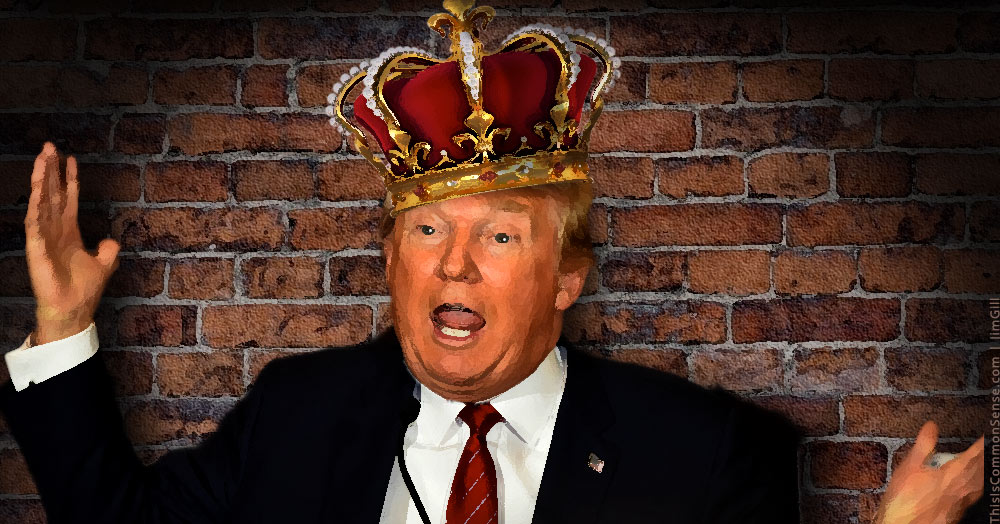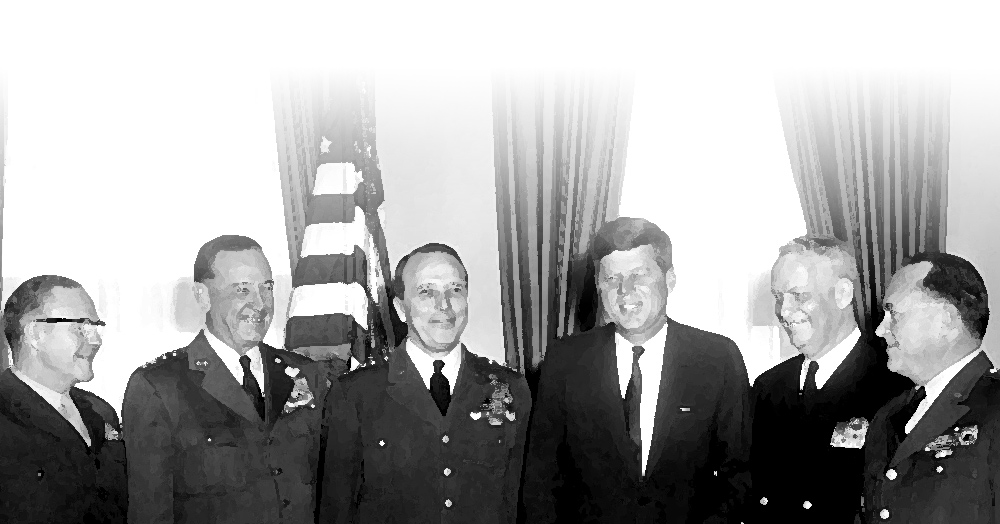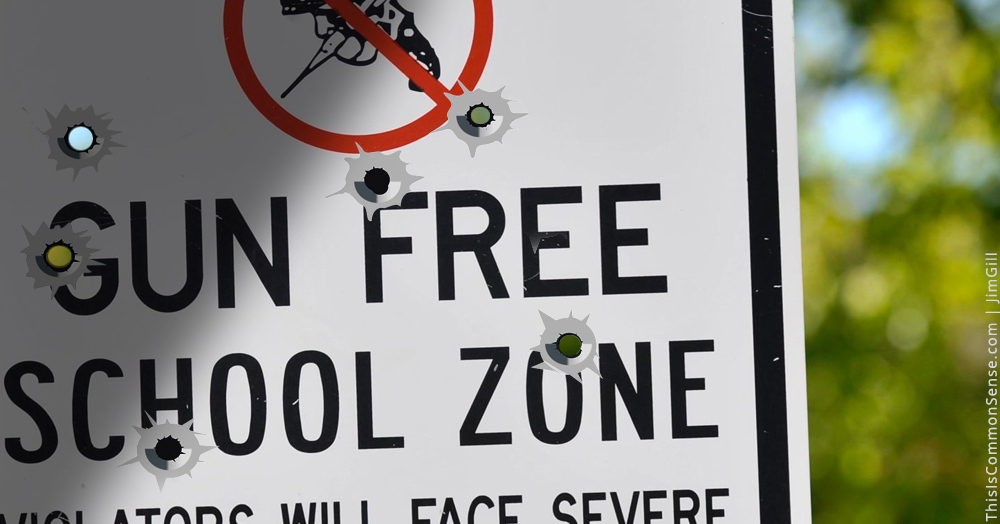When President Trump announced he was slapping a 25 percent tariff on imported steel and 10 percent on aluminum, a friend asked me how the president could possibly possess such unilateral authority.
That was my first thought, too, before surmising that Congress had again given away its constitutional power, as its habit, thoughtlessly — like motel matches.*
Writing in National Review, Jay Cost confirmed my suspicion, “Over the past 80 years, authority over tariffs, as well as over all manner of properly legislative functions, has migrated to the executive branch, away from the legislative.”
When FDR sought greater power over trade, Cost explained, “It was as if Congress threw up its hands in exasperation and said to the president, ‘We cannot handle our authority responsibly. Please take it off our hands, for we will screw things up and lose reelection.’”
Ah, the laser-like focus of modern career politicians . . . on what’s most important . . . to them.
“Nobody looks to Congress for redress of grievances anymore …” Cost wrote. “Congress has systematically shrugged power off its shoulders over the past 80 years, and it inevitably screws up the handful of authorities it retains . . .”
Why? What has led our first branch of government, over the last 80 years or so, to surrender its authority?
Congress has become much more “experienced,” evermore a career destination. And a lucrative one.
We desperately need term limits. And we need smaller districts where individual citizens matter more than money and special interests.
Save Congress from itself — before it sets the country afire.
This is Common Sense. I’m Paul Jacob.
* My mind jumped to Elvis Costello’s song, Motel Matches: “Giving you away, like . . .” what, precisely, in this case? The authority in Article 1, Section 8 of the Constitution: “The Congress shall have the Power to lay and collect Taxes, Duties, Imposts and Excises….”











